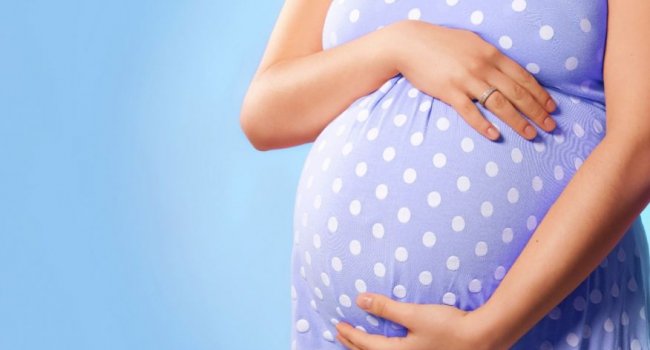Couples who rush to get pregnant within two years of giving birth are 50 percent more likely to have a child with autism, a new CDC study warns.
A gap of more than four years appears to be just as risky, the researchers warn after assessing hundreds of US babies with developmental disorders.
The authors say women need at least 18 months to regain the healthy level of nutrients needed to carry and nourish a baby. Those who waited longer than the average tended to have fertility issues.
The research adds more weight to current guidelines which advise waiting more than 18 months to conceive again to avoid premature births, low birth weight and placental abruption.
And yet, experts warn there is a growing trend of women waiting later to start a family, then having a few children within a few years.
The study published today in the journal Autism Research is based on data from 356 children with autism spectrum disorder, 600 with developmental disorders, and 524 without any disorders.
They found that overly-long or overly-short ‘birth spacing’ was ‘uniquely’ correlated with autism, and not with any other disorder.
Short birth spacing is on the up, according to data in the US and the UK.
Notably, Kate Middleton, now 35, conceived Princess Charlotte within 18 months of Prince George, giving birth in July 2013 then May 2015. Short birth spacing is a tradition in the British royal family.
Kim Kardashian, 37, and Kanye West, 40, also got pregnant within 18 months, delivering North West in June 2013 and Saint West in December 2015.
For many women, fertility experts suspect, it could be down to women delaying their first pregnancies.
There have been six previous studies suggesting this correlation. However, those previous findings were inconsistent and their data limited.
To firm up the correlation, the CDC researchers led by Dr Laura Schieve used data from the Study to Explore Early Development, a multi-site case-control study with rigorous case-finding and case-classification methods.
Given the scale of information collected, they were able to subdivide each autism case themselves based on the reported symptoms, and assess maternal reproductive history.
They concluded that there is a clear risk of rushing into pregnancy, or not seeking assessment if conception is taking longer than planned.
‘These findings support existing guidelines on pregnancy spacing and further highlight the association between autism and pregnancy health,’ said lead author Dr. Laura Schieve, of the Centers for Disease Control and Prevention.
‘Couples thinking about getting pregnant should discuss pregnancy planning with a trusted doctor or healthcare provider.’












